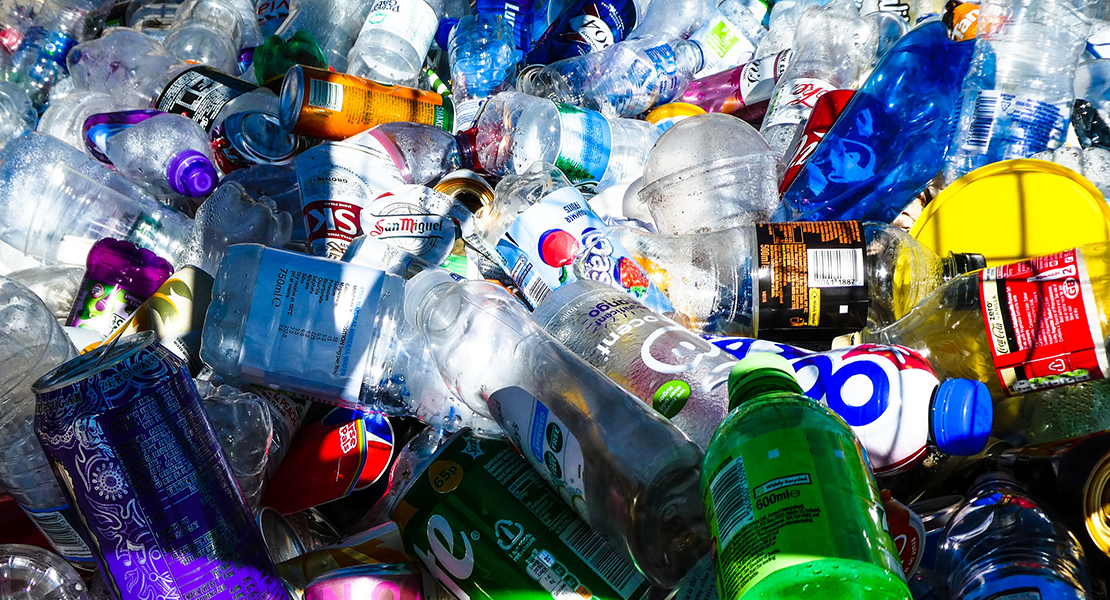What is regrind plastic?
Plastic regrind is a kind of plastic material that has experienced at least one process and has been chopped and grounded. The process stands for Post Industrial Regrind or PIR. This describes the process of recapturing leftover plastics and resins from a number of manufacturing processes. Once these actions have occurred, plastic material is processed and can be recycled by using the regrind process. The used plastic, scraps and chips are then fed into the granulator and reground. Plastic regrinding plays a momentous role in the efficiency of the plastics industry. Plastic regrind sounds like a straightforward process, however, it also makes an influential impact on the economic and production side of the industry.

Benefits of plastic regrind
The process and creation of plastic regrind is a trend known through the manufacturing industry as many companies are now opting for economical choices. Plastic regrind provides the manufacturing and plastics industry with a number of benefits which help the customer, the company and the environment.
- Saves material and reduces waste
- Reduces the need for virgin resin production which eventually increases
- Lower fossil fuels
- Recycled and reused plastic is used
- Limited non-biodegradable manmade waste
- Lower emission of greenhouse gases
- Reduced carbon footprint
The plastic regrind process of plastic materials such as ABS, acetal, nylon 6, PET, and PPS are used in different industries across the globe. These materials must be in good condition before palletisation or granulation in order to offer their true benefits.
Factors to consider when purchasing regrind plastic
Finding and purchasing usable regrind plastic can be tricky but there are several factors to consider to ensure the materials chosen will work efficiently and effectively.
Level of Degradation
As plastic loses its molecular bonding force as a result of weight, this degradation takes a toll on plastic regrind. Make sure there are degradation records that have been tested.
Granules/Pellet Sizes
The size of the pellet is an important aspect to consider as, during the melting process, the size of the pellet impacts thermal requirements and duration of melting.
Outside Contamination
Often the contaminants such as dirt, dust, oil, and grime intervene in the granulation process. This leads to a reduction in regrind quality. Moisture is another issue which could lead to air bubbles in the pallets.
Pro Mould’s Services
With 20-plus years of experience in injection moulding, Pro-Moulds take pride in manufacturing moulds to the highest standards. Pro Moulds provide toolmaking, tool repair, laser welding and injection moulding services. Working with a range of industries, Pro Moulds have a well-equipped tool room with new advanced technology and softwares.
Our teams of designers and engineers provide extensive knowledge in construction, automotive and mechanics. Optimising both design and manufacturing skills, pro-moulds also offer repair and maintenance servicing for all customers.
Visit Our Machinery page for more information on the equipment available and in-house plant list.


